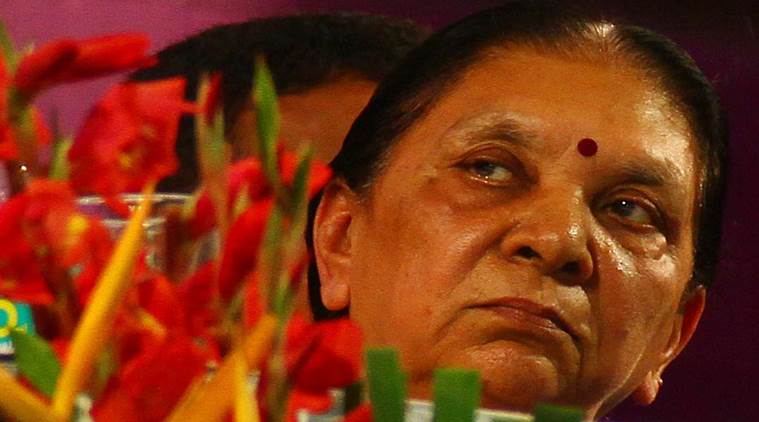Stay updated with the latest - Click here to follow us on Instagram
6,000 villages open defecation free, says Gujarat govt
The event was organised to mark the beginning of Anandiben’s third year in office.
 Gujarat Chief Minister Anandiben Patel.
Gujarat Chief Minister Anandiben Patel.
Anandiben Patel-government, which completed two years on Sunday, announced that 6,000 of around 18,000 villages in Gujarat have become open defecation free (ODF), and the rest would be ODF much before the 2019 deadline, set by the Centre under the Swachh Bharat Abhiyan.
The declaration was made by MoS for Panchayat & Rural Development (Independent Charge) Jayanti Kavadia at Mahatma Mandir here at an official programme to launch ambitious Smart Village project of the Gujarat government in the presence of Chief Minister Anandiben Patel, other senior ministers and bureaucrats. The event was organised to mark the beginning of Anandiben’s third year in office.
“In the last two years, we have built more than 12.5 lakh toilets across Gujarat. As a result, 6,000 villages are now open defecation free. As of now, 30 talukas in the state have 100 per cent toilet facility,” said Kavadia. “The Centre wants each state to achieve 100 per cent target by 2019, the year when the nation will celebrate 150th birth anniversary of Mahatma Gandhi. At this pace, I strongly believe that Gujarat would achieve that target much before 2019,” he added.
[related-post]
Speaking on the occasion, Anandiben criticised opposition Congress for not addressing the issue of open defecation during their governance between 1960 and 1995. She added that, if the gram panchayats work in tandem with the state government and voluntary organisations, the target of 100 per cent ODF villages could be achieved even by 2017.
During the function, Patel launched the ‘Smart Village’ project that aims to provide latest facilities which people in urban centres get. Under the project, 300 villages will be selected in the first phase. Village panchayats need to submit an application along with a vision document having road map of converting their village into a ‘smart village’.
Based on performance of the villages on several benchmarks such as ODF, school dropout ratio, door-to-door waste collection, tax collection, vaccination and Wi-Fi facility, the villages will get financial assistance ranging from Rs 25 lakh to Rs 1 crore in phased manner in three years.
After three years, performance of the villages will be evaluated and accordingly Smart Village status will be conferred. For this project, the state government has made budgetary allocation of Rs 185 crore.







